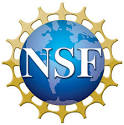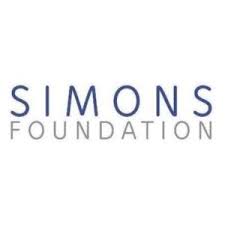We support CUNY students up to the challenge to join this exciting community of New York City astronomers.
AstroCom NYC:
- Involves you in real astrophysics research right now
- Introduces you to this exciting field and the people at its frontier – your new peers
- Matches you with a long-term career mentor, and research mentor(s)
- Trains you thoroughly in all aspects of the job
- Organizes intense summer research experiences to propel you towards your career
- Provides fellowships covering the academic year
- Provides summer research fellowships
- Provides a personal research laptop (if qualified)
- Supports travel to observatories and conferences around the world
- Provides student membership in the American Astronomical Society
AstroCom NYC scholars have entered graduate programs at Berkeley, Bonn, Brandeis, Cornell, Harvard, Heidelberg, Rice, Yale, Miami, Maryland, UConn, Syracuse, and others, as well as industry, and have received prestigious fellowships from the NSF, NASA, the American Museum of Natural History, and Fulbright awards. We have years of experience mentoring undergraduates in research on galaxy properties and evolution, nearby and low mass stars, evolved stars, numerical simulations and modeling, and observational astronomy from the radio to gamma-rays. Our faculty work at our home CUNY campuses, the American Museum of Natural History, and the Flatiron Institute Center for Computational Astrophysics.
Students should be enrolled in a CUNY 2-yr or 4-yr college, and have an interest in pursuing a career in physics and astronomy as evidenced by their application essays, and choice of courses and major. Students from groups underrepresented in the sciences – e.g., African Americans, Hispanics – are particularly encouraged to apply.
For further information email AstroComNYC at gmail.com, or contact any astrophysics faculty at your CUNY campus.
AstroCom NYC is supported in part by a National Science Foundation Partnerships in Astronomy and Astrophysics Research and Education grant. Any opinions, findings, and conclusions or recommendations expressed in this material are those of the author(s) and do not necessarily reflect the views of the National Science Foundation.






